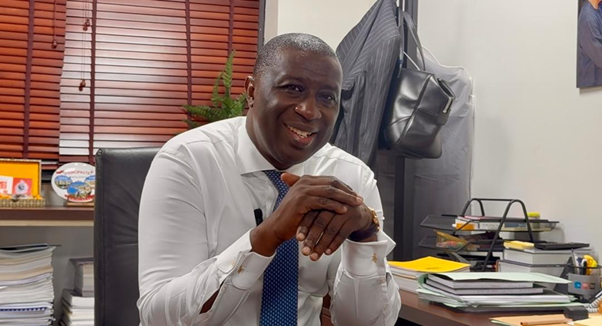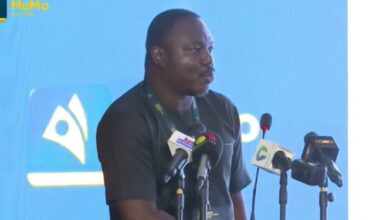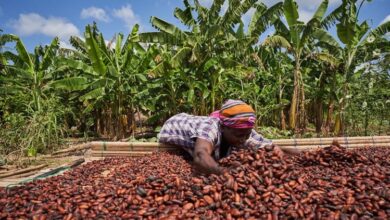
Okaikwei Central MP Patrick Yaw Boamah has called on government to take deliberate and bold steps to preserve the recent stability of the Ghanaian cedi, warning that without sustained policy action, the current gains may prove short-lived.
The cedi has appreciated by 2.76% against the US dollar between December 2024 and April 2025, according to data from the Bank of Ghana and commercial banks—a notable development considering the currency’s traditionally volatile performance.
Speaking to Joy Business on the sidelines of the IMF/World Bank Spring Meetings in Washington, D.C., Mr. Boamah emphasized the importance of restoring investor confidence and reinforcing Ghana’s financial markets.
“It’s about confidence,” he said. “The trust that economic managers instill in the financial markets and the investor community shapes expectations around the cedi’s future performance.”
Ghana recently secured a staff-level agreement with the International Monetary Fund (IMF), clearing the path for the release of a US$370 million fifth tranche under the ongoing US$3 billion bailout programme. Mr. Boamah noted that the fresh inflow will support foreign exchange reserves and send a strong signal to the private sector.
However, he warned that outstanding government arrears—estimated at GH¢18 billion—could threaten the currency’s gains if not managed carefully.
“We must be mindful of the inflationary and depreciation risks that could arise if these arrears are cleared too quickly. The macroeconomic impact of such a large cash injection needs to be thoroughly assessed,” he said.
Mr. Boamah also questioned whether the cedi’s recent appreciation was the result of genuine economic improvements or temporary interventions by the Bank of Ghana or the Finance Ministry.
He added that slowing trade activity and reduced demand for foreign exchange, due in part to ongoing global trade tensions and tariffs, may have temporarily eased pressure on the local currency.
“If importers aren’t actively buying large volumes of dollars, there’s less demand. But that can quickly change once trade normalizes and arrears are cleared,” he cautioned.
Citing figures from the World Bank, Mr. Boamah pointed out that Ghana recorded a 5.7% GDP growth in 2024 and a debt-to-GDP ratio of 61.8%. However, the outlook for 2025 has been revised downward to 3.9%, below the government’s earlier target of 4.47%.
“These revised projections highlight the structural weaknesses we must confront,” he concluded. “Cedi stability is welcome news, but without addressing fiscal imbalances, arrears, and investor uncertainty, it won’t last.”


